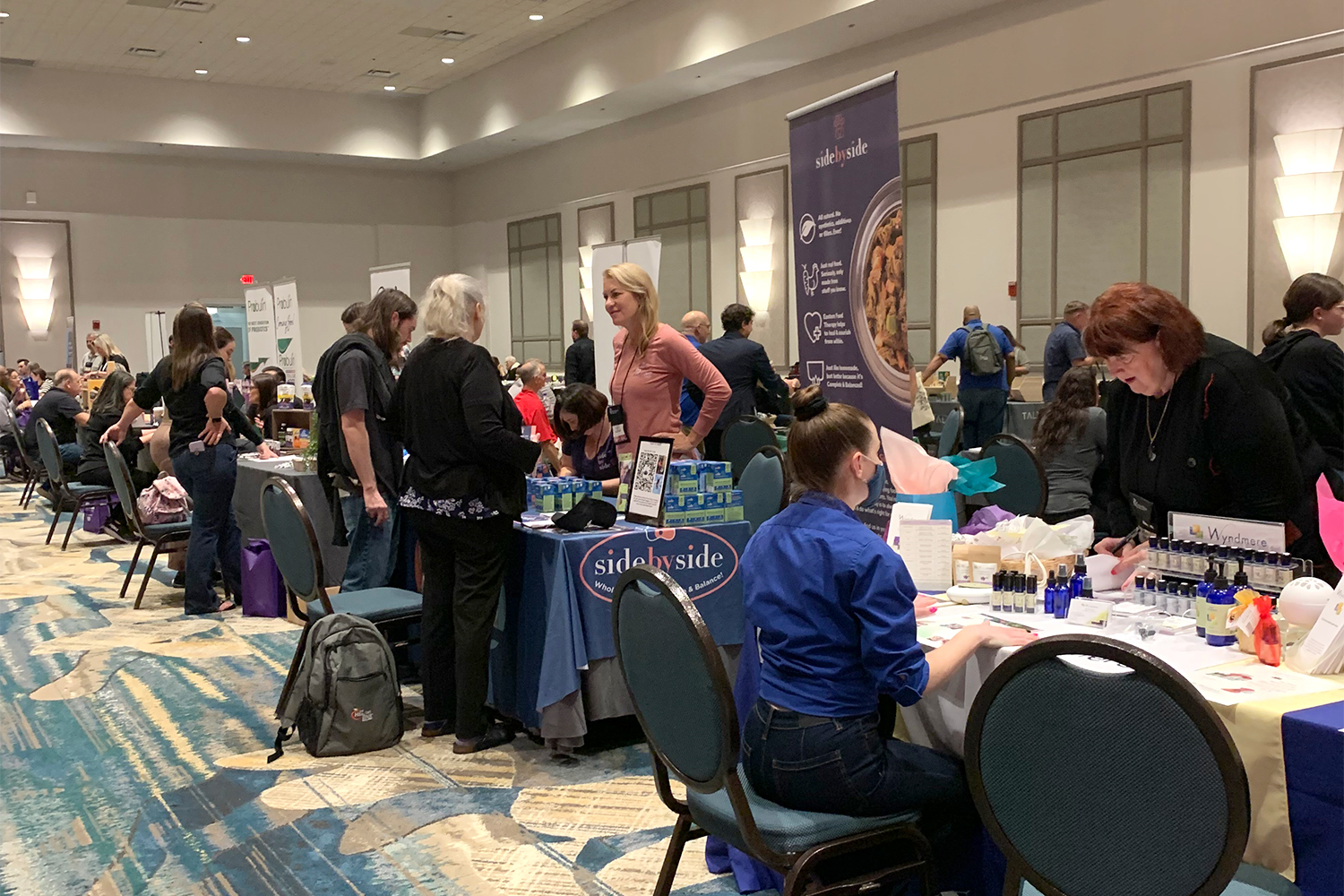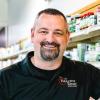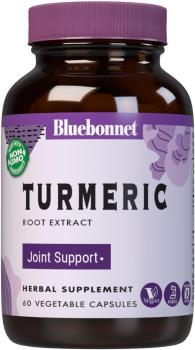If we were to time travel back to 1935, we would see an America in the midst of the Great Depression, a harrowing time in which many people went hungry. In Oklahoma and Florida, two family-owned stores (Akin’s and Chamberlin’s, respectively) opened with the goal of providing healthy foods and products for people.
Over the decades, the stores expanded to keep pace with a growing interest in the health food movement. Chamberlin’s became part of the Akin’s family in the late 1990s. When a decision was made to purchase Florida-based Earth Origins Market in 2016, the Healthy Edge Retail Group (HERG) was formed.
Meet Jeff Shackelford
Jeff Shackelford began stocking shelves at the Akin’s Tulsa store in 1998. He moved up through ever-expanding management roles, and today serves as Vice President, Purchasing for Healthy Edge Retail Group and is the incoming President of SENPA, a trade association that represents the people of the natural products industry.
In 2022, HERG was named the Retailer of the Year by Vitamin Retailer magazine. We caught up with Shackelford to find out what makes HERG so successful. Our conversation covers old-fashioned customer service, top-notch education for both staff and shoppers, and the willingness to lean into new ways of serving customers as the retail landscape evolves.
Taste for Life: As a father, you’re deeply involved in youth sports, including coaching football. To keep your players in shape during the off-season, you and a group of dads recently created a thriving youth lacrosse club in a short period of time.
You seem to be a person who, when you see a need, steps up and figures out a way to make things happen! Has this trait guided your career as well?
Jeff Shackelford: It has. I’ve been very lucky and blessed to have been with the Akin’s Group for 26 years. I started in 1998 when it was a five-store, family-owned business.
The Healthy Edge Retail Group now has 15 stores across three banners in three states: Oklahoma, Arkansas, and Florida.
Our newest store, a Chamberlin’s, opened in Lakewood Ranch, FL, in June 2024. It has a huge foodservice island in the middle of the store for grab-and-go meals, fresh sushi, ramen and poke bowls, smoothies, juices, a hot bar, and a salad bar.
Over the years, I’ve learned a lot about opening and closing stores as well as being a servant leader, such as when we acquired Chamberlin’s and Earth Origins.
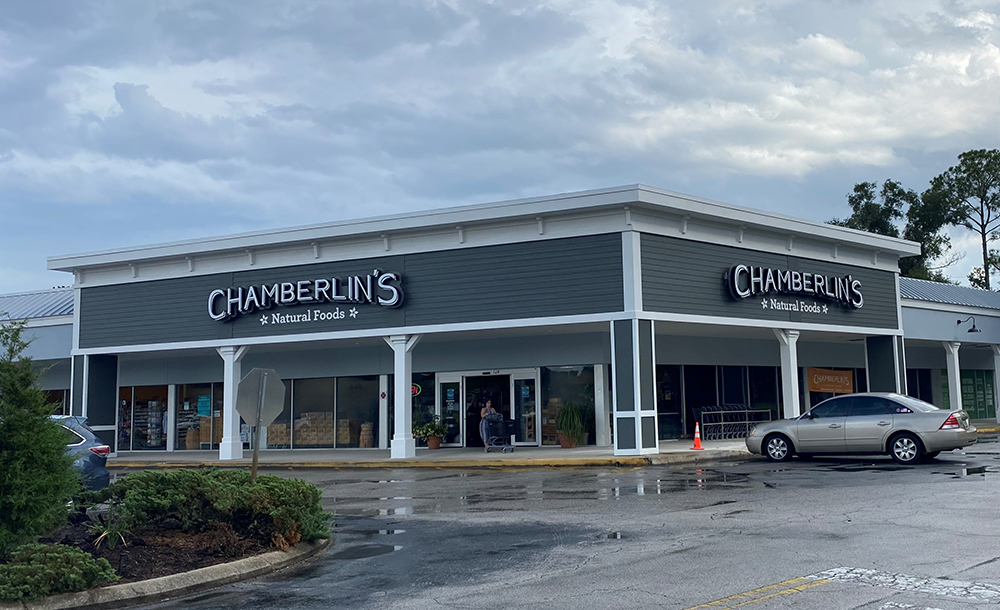
TFL: Could you give an example?
JS: When we were rolling Chamberlin’s into our corporate structure, I was in my early 20s. The higher-ups said, “Let’s move you from Oklahoma to Florida. You know how Akin’s runs. Get Chamberlin’s doing things the same way.”
I ran the Chamberlin’s banner for three-and-a-half years. That works with my personality. I’m a hands-on learner.
I can sit in a classroom all day and not absorb much. But put me in the middle of something and let me mess with it, and I’ll figure things out!
TFL: It’s great to have leadership that believes in you.
JS: They’re always there to encourage us. A lot of our people have been with us more than 10 years. A lot of us worked in the store when we first started. We know what it’s like to stand in front of a customer and deal with a problem like not having an item that’s on monthly sale.
We try to lead with a servant’s mentality. We are here to take care of our stores; the stores are there to take care of our customers.
TFL: It’s amazing to have such a depth of experience in an organization. How are you adapting to the younger generation of shoppers?
JS: All of us are open to suggestion. We don’t approach situations as if we know everything.
We understand that the younger generation is shaping the retail landscape, and it’s changing constantly. We can look at our customer base and say, “Well, Mrs. Jones, who’s been coming to our store for 20-plus years, shops this way.” But her kids don’t shop that way. We need to serve the customer where and how they want us to serve them.
We lean on those in our organization who have special skills that allow us to continue to be relevant, on the cutting edge, and the natural products store that customers of all ages return to.
TFL: Are there examples you can share?
JS: It used to be that you either had to come into our store or have our products shipped to you via a third-party carrier that might take days to deliver. That was it. We were already developing curbside pickup and a home delivery model when COVID hit.
As a brick-and-mortar store, we want customers to come in and build relationships with team members who can provide education. But not every customer wants to shop that way.
We said, “You know what? That’s all right. If you’re busy and you want to pull into the parking lot and have us put the order in your car trunk, we’re going to do that. If you want to order it and have a home delivery service pick it up and deliver it to your front door in a couple of hours, we can do that.” We’ve expanded who we are.
TFL: How do you use social media?
JS: We do a lot on Facebook and Instagram and are exploring TikTok. We’ve found some success with local influencers who can really tie into specific stores.
A lot of the bigger influencers we’ve partnered with have a reach that goes so far outside of who we are that it becomes a challenge. We want to use social media in a way that gives customers valuable content.
We ask our younger generation team members where they look for information and why. As topics hit the newswires, we try to make sure store staff has the information they need so we can answer questions when people walk in the door.
We are always looking at new ways to communicate that can bring value to our stores, our team members, and ultimately our customers.
TFL: Your stores’ servant philosophy and continual evolution must result in loyal shoppers.
JS: Yes, definitely. I still see customers I met decades ago as a store manager at the Tulsa Akin’s store. They still shop at the store. I know what day of the week they come in and what they buy. It’s always fun to see them!
We stress to our staff that our job is to build relationships with customers.
Nine times out of ten, somebody comes to a health food store because they’re having a health issue, or they want to get healthier. Those are very personal matters.
You’ve got to build a relationship of trust so when people come in with questions, you can have conversations about diet, sleep, life stressors, and health goals. In that way, we can make good recommendations, whether it’s for the type of food they’re eating or the multivitamin or the hair care or facial care products they’re buying.
We want to make sure we’re suggesting something they’ll be happy with and that they’re going to come back and buy. Not every product works the same for every person, so we do our best to inform customers about the differences in products so they can make educated purchases.
TFL: What educational tools do you use to support relationship building?
JS: Education has been the cornerstone of our company for many years.
About 20 years ago, we developed a trademarked, in-house program called TNT, Total Nutrition Training, that every employee goes through. It covers everything, including company history. Akin’s and Chamberlin’s both started in 1935. We’ve been around! TNT also covers top-selling supplements and how they’re manufactured as well as issues like what makes a natural vitamin different than a synthetic one.
We also partner with our manufacturers and brand partners. Their experts come to our stores to lead in-store consumer trainings that staff also attend.
In addition to staff aisle trainings, webinars, and dinner trainings, we hold an annual two-day vendor summit, most recently in Orlando. We send top team members, not just store managers, from every store so they can expand their knowledge and build relationships with brands. Typically, there are just under 100 vendor tables and in-depth seminars.
We have a weekly staff newsletter that touches on topics in the news.
Terry Naturally, a great brand we carry, puts on a wonderful, three-day training event. This year, Mary Ann O’Dell, our director of education—who is also a registered dietitian—attended and brought back information to share with all of our stores.
Founder Terry Lemerond has formulated so many products. He has been a great education partner for a long time and helps educate on topics even if he doesn’t have a product for it!
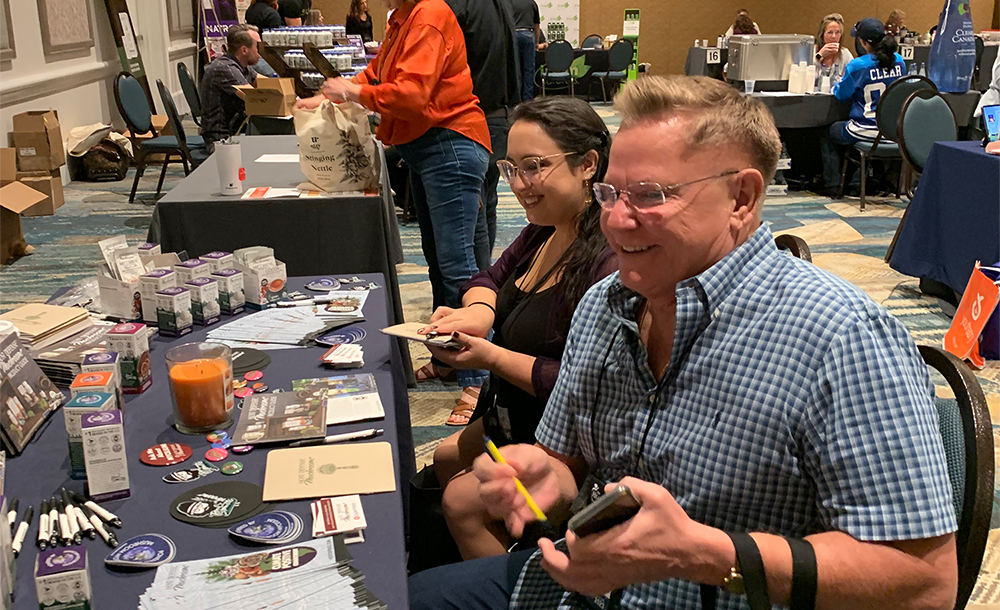
TFL: How do you compete with mass market?
JS: We don’t try to compete directly with mass market. The mass market guys often cherry pick and only want a line’s top items.
When someone comes into our store, they’re going to find a wider selection of products. I may carry 100 SKUs in a line. That’s why staff education is paramount.
If customers happen to ask questions that our team members can’t answer, they can call company leadership, any time, and we’ll get an answer. I may not know the answer, but I know brand representatives and other industry people that I can call to get one.
I can reach out and say, “I’ve got a customer asking about this. Do you have any information we can share?”
We also customize product selection by store. That’s a challenge because with 14 stores and another one opening in late May 2024, I have 15 different sets.
We have a core group of products we try to have everywhere, but I also have stores with very different clientele, even if the buildings are only located 20 minutes apart.
A lot of times, the big guys will not have what a customer wants. They’re cookie-cutter stores and offer the same products at every location.
We’re customizing according to community. We attempt to stock the items customers want in their local stores. If we don’t have a product, we are happy to special order or help a shopper find a similar item on shelf and help them understand the differences between the products.
It always comes back to customer service and the knowledge of our store teams on the frontlines every day.
TFL: Sounds as if you’re very responsive to the neighborhoods where your stores are located.
JS: We try to be. We root ourselves into and participate in each of our communities. It wasn’t that long ago that we were the local mom-and-pop health food store. That’s what allowed us to grow over the years, just rooting in and figuring out how to better serve the community.
TFL: What do you think it’s important that people understand about your company?
JS: Our staff. We have some of the most educated and well-trained staff available. We’re always looking to grow and improve. By no means do we think we run perfect stores. But we do all we can to make sure we have the right products on the shelf, at the right price, every day.
This is where the relationship with the customer comes in. They need to feel comfortable in saying, “I was reading about this product that you don’t stock,” or, “Hey, you’re a little high on this product.” And then let us go to work on that.
There’s nothing better than standing in an aisle with a customer and trying to figure out how we can serve them better so that they’ll go home and tell their neighbors and family about the experience and send more people our way!
We’re by no means the biggest player in the industry anymore. Many have grown faster. That’s okay because we want to do it the right way, and make sure that when we open a store, it’s the right location with the right offerings.
TFL: People seem hungry for real connections, especially after COVID.
JS: Yes. I sit on the board of directors for the SENPA trade organization, and we’ve talked a lot over the last year about nourishing the human connection; people have a need to come into the store and talk to somebody.
For me, that’s where the fun is, to be able to get to know somebody and know I was able to take care of them.
Hopefully, the next time they’re needing something, we’re the first people they call.
